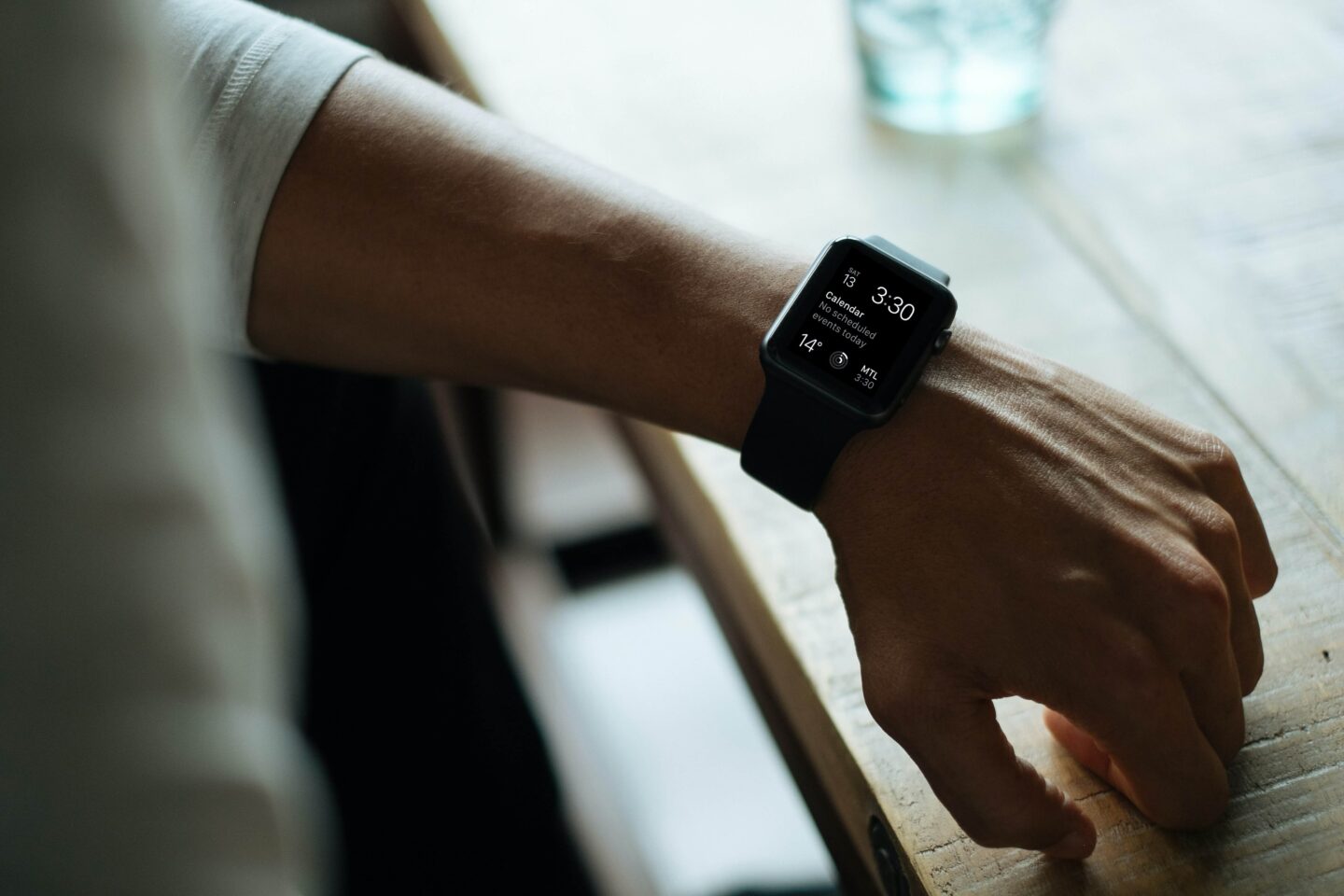Share this article
As lockdown ends, how can we make the office somewhere our people want to come and work?
Samir is a phenomenal tech analyst with excellent communication skills. He’s bilingual and has worked in London, Dubai and New York. As you might expect, he’s not short of job offers.
Two years ago, he was approached by a number of agencies trying to place him in international roles. Samir was willing to relocate. He knew that wherever he ended up, he’d spend five days each week in a modern, impersonal office block. His office, it’s desk space and even its meeting rooms would be almost indistinguishable.
That was pre-pandemic.
As a potential employer, things are a little less clear now. ‘Agility’ is key – with Samir keen to embrace a way of life that doesn’t oblige him to spend his entire working week at the same desk in the same office. He can back this up with numbers as he just beat his 2020 target by 30% despite sending the entire year working from his kitchen!
So how will employers who, understandably, want their office to remain a beating heart for their business, encourage Samir to take-on the commute and spend time with the team?
At Walker Lovell we spend much of the working week chatting. To our clients. To candidates. To industry experts. And to each other. It’s how we do the vast majority of our research and how we judge which way the recruitment wind will blow next week and next year.
Right now, the short-term focus is all about the return to ‘normal’ life. When will offices reopen? Will vaccine passports provide a pathway to safe business travel? When will relocations begin again in earnests? But our take on things is that these are relatively superficial changes.
The pandemic will, hopefully, move on. But it’s impact on our lives is altogether more permanent.
We believe that the gradual changes to working life that embraced ‘dress down Fridays’ and ‘flexi-working’ have fast forwarded. The balance between work and life has never been more topical.
And yet, as employers, we want our teams to be together. We want assurance. We want certainty about where our people are and what they are doing. We want to create a team spirit and a creative hub that just isn’t the same on a Zoom call.
Our view is that the answer is in a company’s culture. Mental health has never been this crucial to the choices employees are making. We see candidates looking beyond job title and salary and citing ‘happiness’ as their key professional driver. This was already happening pre-Covid, but 2020 has accelerated the understanding of what’s possible and what’s aspirational.
For us, this means challenging the core assumption that coming to the office is a grind. Rather than asking ‘how much time does a happy employee spend at home?’, we prefer to ask ‘how do we ensure that the office is a place where our people really want to be?’.
We believe the answer is in company culture. In the creation of an environment that makes it fun to go to work. Where the boundaries between home and office begin to blur.
At Walker Lovell, we have seen the extraordinary effect that an emphasis on fun can bring to work. Pre-pandemic, we shortened the team’s hours. We finished work at two pm on a Friday, inviting everyone to finish the week in the pub – always ending before the school run began. We preached a message that it wasn’t enough to be well rewarded for success; it was more important to have the time to enjoy those rewards. We ceased to celebrate individual success and started to mark the team’s achievements with group trips and activities.
We did it because we, the founders, had previously worked for an appalling boss. We were unmotivated, deeply depressed, and, as a result, not as productive as we knew we should be. So we formed a company determined to be different. But not even we could have forecast the effect it would have.
Recruitment is notorious for the speed at which its employees move around. Ours haven’t. It’s a career that doesn’t really require an office – in theory everything can be done online and meetings can take place in cafes and hotels. But our staff can’t wait to come back in. They say it’s because work is fun.
We build teams around a very simple principle. If you wake up on a Monday morning and work seems like a drag, then it’s time to consider your future. We don’t want work to drag. Ever. Our culture doesn’t allow it.
And we’re pretty certain that, in the ‘new normal’ companies who want someone of Samir’s character to come into the office every day will have to entice him there because, ultimately, it’s offers the sort of enjoyment and atmosphere that trumps anything he experiences when he works from home.

